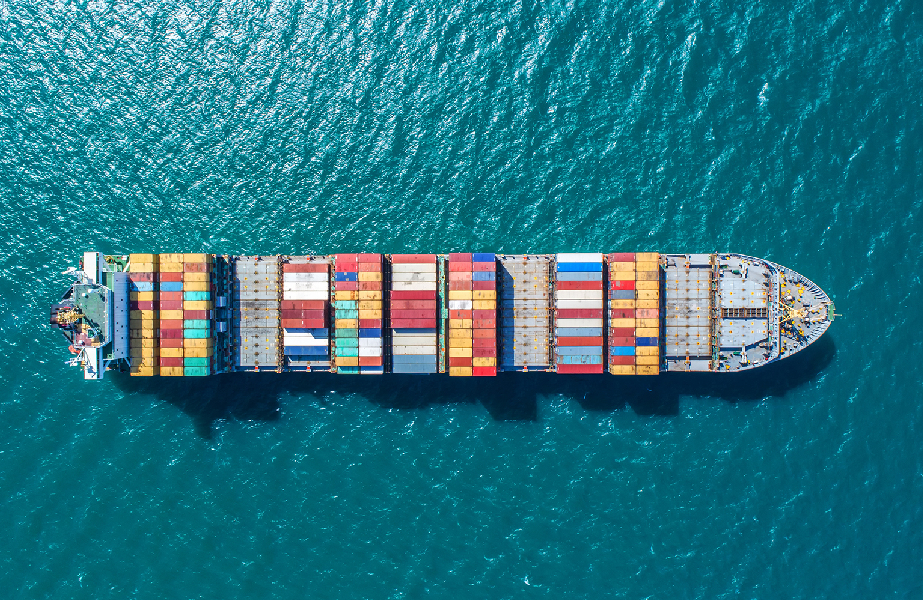Littlehampton, U.K., based condition monitoring technology specialist Parker Kittiwake is seeing an increase in demand for onboard fuel compatibility testing. The trend results from actions by shipowners and operators to mitigate the risks of marine fuel oil incompatibility and stability issues as they switch to fuel meeting the impending 2020 global sulfur cap requirements
With most shipowners expected to opt for very low sulfur fuels of 0.5% or less to achieve compliance, new blended fuels are appearing on the market.There are significant concerns around how these new fuels will affect marine engines, which is why testing for compatibility and cat fines, for example, is increasing.
Shipowners and operators are looking to condition monitoring tools and technologies as the first line of defense for the early identification of issues, helping them to minimize disruption, downtime, and unexpected costs and delays.
“It is crucial that these new fuels are managed effectively at all key stages of supply to allow shipowners to mitigate the risks associated with contamination, instability and incompatibility,” says Scott Herring, Key Marine Accounts Manager, Parker Kittiwake. “If left unchecked, instability can cause severe problems including sludging of the fuel tanks, filter blockages and excessive sludging of the purifier. In the worst cases, this can lead to catastrophic failure and loss of propulsion and power.”
“The stability of the fuel and its compatibility for blending is critical to protecting the operational efficiency of the engine,” continues Herring. “Vessels bunkering in different geographical locations will use varying fuel suppliers, and thus blending of fuels is inevitable. With preparation in the lead up to 2020 critical, and with so little time remaining, Parker Kittiwake is seeing an increasing number of shipowners and operators taking the crucial steps to tackling fuel incompatibility and stability issues head-on, through quick, reliable and effective onboard testing, before they become significant and costly challenges.”
Parker Kittiwake’s range of fuel testing tools have been designed to support shipowners in checking key concerns linked to issues such as compatibility, instability and cat fines. The simple, fast and intuitive test kits include Parker Kittiwake’s Compatibility Tester, which provides shipowners and operators with the ability to regularly test fuels onboard and in just under 20 minutes. It provides a quick indication of potential fuel incompatibility problems, as well as an indication of fuel stability, in accordance with ASTM D4740.
Picture Credit: Tom /Pexels






